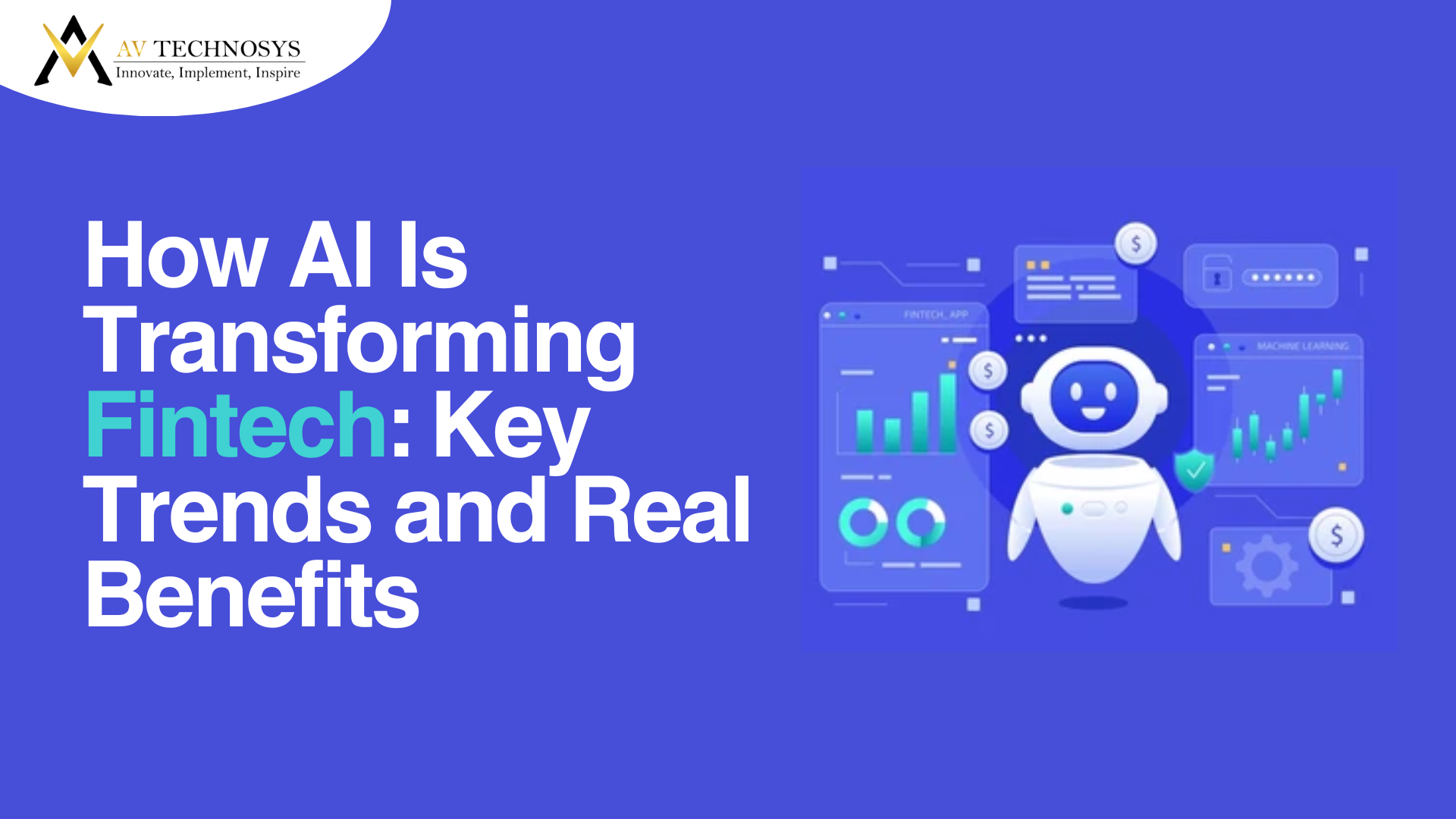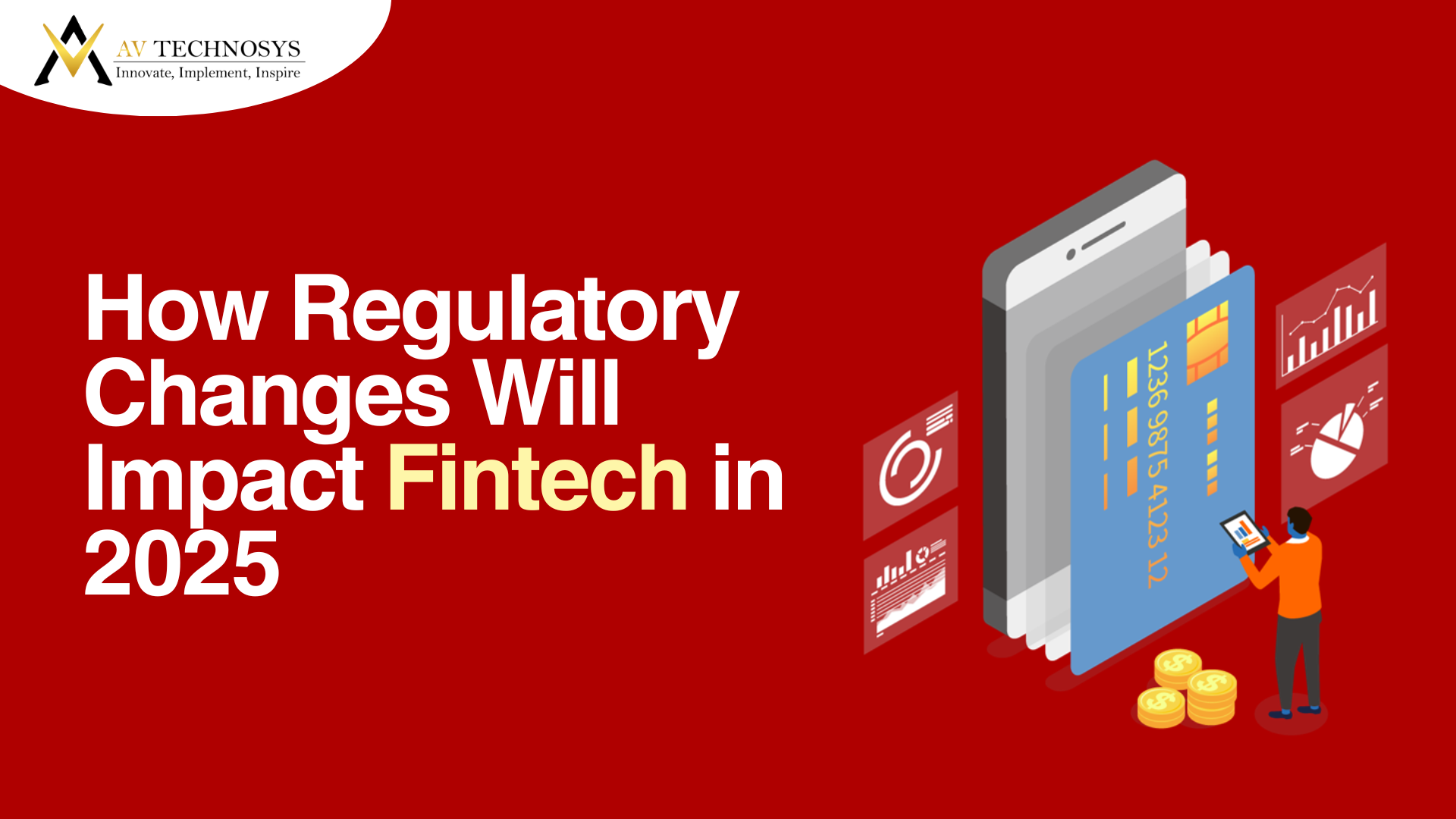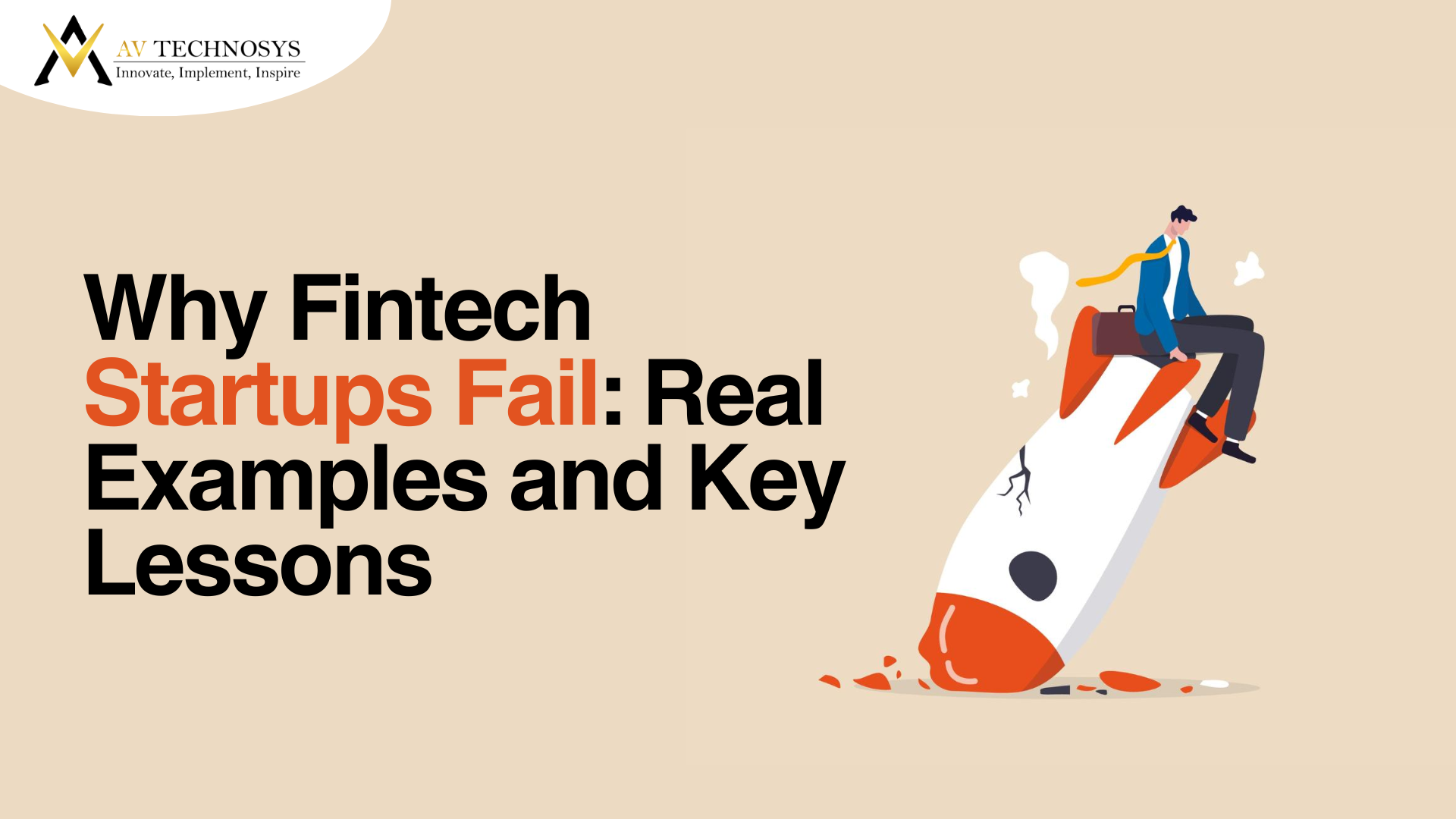How to Build a Car Insurance App Like The General in 2025
Learn how to build a car insurance app like The General in 2025 with features, costs, and development steps.


Fintech
The world of insurance is changing faster than ever. What was once a tedious, paperwork-heavy industry has now shifted to mobile-first, customer-centric platforms. One of the key players that revolutionized this space is The General, a U.S.-based car insurance provider known for its accessibility and ease of use. Their app has set a benchmark for how car insurance companies can connect with modern policyholders, offering instant quotes, simplified claims, policy management, and a user-friendly experience.
If you are an entrepreneur, insurer, or tech company considering entering the market, building a car insurance app like The General in 2025 could be a highly lucrative venture. But how do you start? What features are necessary? How much does it cost? And most importantly, how do you stand out in such a competitive landscape?
In this comprehensive guide, we’ll explore everything you need to know about developing a car insurance app like The General, from understanding the market to technical features, costs, monetization models, and future trends.
Why Car Insurance Apps Are Booming in 2025
The global car insurance market is thriving, and the mobile-first shift has accelerated this growth. Several factors are driving the demand for apps like The General, making it the right time for any Insurance App Development Company to tap into this growing opportunity:
Mobile-first Consumers: In 2025, over 85% of policyholders prefer mobile apps for insurance quotes, claims, and renewals.
AI-Powered Underwriting: Companies now rely on AI to personalize premiums, assess driver behavior, and reduce risks.
Instant Claims: Customers expect quick settlements. Apps enable digital document uploads, photo verification, and instant approvals.
Connected Cars & IoT: With telematics and connected vehicles, insurers can now offer pay-as-you-drive or behavior-based premiums.
Competitive Edge: Legacy insurers are struggling with outdated systems, while modern players like The General attract younger, tech-savvy drivers.
There’s a huge market opportunity for companies looking to develop a car insurance app in 2025.
Core Features of a Car Insurance App Like The General
Before diving into development, it’s essential to map out the must-have features that users expect.
1. User-Friendly Onboarding
Social login (Google, Apple, Facebook)
Simple profile creation
KYC/document verification
2. Quick Quote Generation
AI-powered premium calculation
Instant comparison of plans
Personalized offers based on driving history
3. Policy Management
Buy new policies directly from the app
Renew existing policies in one click
Access digital policy documents anytime
4. Claims Processing
File claims with photo/video uploads
Real-time claim status tracking
Chatbot/AI assistance for faster resolution
5. Payment Integration
Multiple payment options (UPI, cards, wallets)
EMI options for premium payments
Auto-debit setup for renewals
6. Driver Behavior Tracking (Telematics)
Integration with IoT devices or car sensors
Track mileage, speed, and band ranking habits
Reward safe drivers with discounts
7. Customer Support
In-app chat support (AI + human agents)
FAQs and knowledge base
24/7 helpline integration
8. Push Notifications
Premium reminders
Claim updates
Personalized offers
9. Security Features
Biometric login (Face ID, fingerprint)
End-to-end data encryption
Secure cloud storage
10. Extra Value Features (to stand out)
Roadside assistance request
Car maintenance reminders
Accident location GPS tracking
These features will not only help you match The General but also give your app a competitive edge.
The Step-by-Step Development Process
Creating a car insurance app like The General is not a one-step process. It requires careful planning, compliance with regulations, and expert execution.
Step 1: Market Research & Competitor Analysis
Study apps like The General, GEICO, Progressive, and Allstate.
Understand what users love and what frustrates them.
Identify gaps, maybe faster claims, gamified rewards, or AI-driven risk assessments.
Step 2: Define Your USP (Unique Selling Proposition)
Ask yourself:
Will you target budget-conscious users with lower premiums?
Will you offer faster claims approval than competitors?
Will you integrate connected car tech for personalized pricing?
Step 3: Regulatory Compliance
Insurance is a heavily regulated industry. Ensure your app meets:
Local insurance laws (e.g., IRDAI in India, NAIC in the U.S.)
Data protection regulations (GDPR, HIPAA, CCPA, depending on region)
Financial compliance (PCI DSS for payment security)
Step 4: UI/UX Design
The General’s success lies in its simplicity. Focus on:
Clean, intuitive navigation
Minimal clicks for key actions (get a quote, renew policy)
Engaging visuals and easy-to-read policy details
Step 5: Backend & Technology Stack
To build a robust car insurance app, consider the following stack:
Frontend: React Native / Flutter (cross-platform)
Backend: Node.js, Django, or Ruby on Rails
Database: PostgreSQL / MongoDB
Cloud: AWS / Google Cloud / Azure
Payments: Stripe, PayPal, Razorpay
AI/ML: TensorFlow, PyTorch for risk assessment & fraud detection
Telematics: IoT SDKs, GPS tracking APIs
Step 6: Development Approach
You can choose:
MVP (Minimum Viable Product) first – launch with core features, gather feedback, then scale.
Full-scale product – directly launch with all features (requires higher investment).
Step 7: Testing & QA
Functional testing
Security penetration testing
Load/stress testing for peak traffic
Compliance testing
Step 8: Deployment & Launch
Deploy to App Store and Google Play
Optimize listings with keywords like car insurance app, auto insurance quotes
Launch with introductory offers to attract early users
Step 9: Maintenance & Upgrades
Regular updates for bug fixes
Add new features like AI chatbots, advanced fraud detection
Monitor analytics to understand user behavior
How Much Does It Cost to Build a Car Insurance App Like The General?
The development cost depends on features, complexity, and the region of developers. Here’s a breakdown:
Feature Set | Estimated Cost (USD) | Time Frame |
Basic MVP (quotes, policy management, payments) | $40,000 – $60,000 | 3–5 months |
Advanced (claims, telematics, AI, chatbots) | $70,000 – $120,000 | 6–9 months |
Enterprise-grade (IoT, big data analytics, fraud detection, multi-region support) | $150,000+ | 12+ months |
Regional Cost Variations:
U.S./Canada developers: $80 – $150/hour
Eastern Europe: $40 – $70/hour
India/Asia: $20 – $40/hour
If you’re just entering the market, starting with an MVP is the smartest move.
Monetization Models for Car Insurance Apps
Building a car insurance app isn’t just about providing convenience; it’s about profitability. Here are the top monetization models:
Policy Sales & Renewals – Primary revenue from selling and renewing car insurance policies.
Commission Model – If partnering with insurers, earn a commission per policy sold.
Subscription Plans – Offer premium features like roadside assistance, faster claims, or advanced analytics.
Usage-Based Insurance (Pay-Per-Mile) – Integrate telematics and charge based on actual driving.
Cross-Selling – Offer related insurance products (life, health, home insurance).
Challenges in Developing a Car Insurance App
While opportunities are vast, there are hurdles you need to consider:
Regulatory Complexity – Different states/countries have unique insurance laws.
Data Security Risks – Apps handle sensitive personal and financial data, requiring strong encryption.
Fraud Prevention – Insurance fraud is a major concern; AI-driven fraud detection is a must.
Customer Trust – Insurance is a trust-driven business; transparency and reliability are non-negotiable.
Future Trends in Car Insurance Apps
To truly compete with apps like The General, you need to anticipate where the industry is headed.
AI-Driven Personalization
Insurance premiums are based on individual risk factors, driving habits, and lifestyle choices.Blockchain for Claims
Transparent, tamper-proof claim records built on blockchain.IoT & Connected Cars
Direct data from vehicles will revolutionize underwriting and pricing.Embedded Insurance
Car dealerships, ride-sharing apps, and even EV charging platforms will integrate insurance within their ecosystems.Sustainability-Focused Policies
Discounts for eco-friendly vehicles and green driving practices.
Conclusion
Building a car insurance app like The General in 2025 is more than just creating another digital tool; it’s about reimagining how people experience insurance. Customers today demand speed, transparency, and personalization, and the right mobile app development company can make it possible.
If you’re entering this market, focus on user-friendly design, AI-driven features, compliance, and security. Start small with an MVP, test your model, and scale with advanced features like telematics and blockchain.
At AV Technosys, we help businesses build smart, secure, and scalable insurance apps.
Get in touch with us today and start building your car insurance app.
FAQs
1. How much does it cost to build a car insurance app like The General?
The cost depends on features and region. A basic MVP can cost $40,000–$60,000, while an advanced version with AI, telematics, and fraud detection can go beyond $120,000.
2. What features are essential in a car insurance app?
Core features include instant quotes, policy management, claims filing, payment integration, telematics, customer support, and push notifications. To stand out, you can add extras like roadside assistance and accident GPS tracking.
3. Which technology stack is best for developing such an app?
A reliable stack includes React Native/Flutter (frontend), Node.js/Django (backend), PostgreSQL/MongoDB (database), AWS/Google Cloud (hosting), Stripe/PayPal (payments), and AI/ML frameworks like TensorFlow for fraud detection and personalization.
4. How long does it take to develop a car insurance app?
On average, it takes 3–5 months for an MVP and up to 9–12 months for a full-scale, feature-rich car insurance app.
5. Is regulatory compliance necessary for insurance apps?
Yes. You must comply with local insurance authorities (e.g., NAIC in the U.S., IRDAI in India) and data security laws like GDPR, CCPA, or HIPAA. Non-compliance can lead to heavy penalties and loss of trust.
📬 Get in Touch With Us
Name
Mobile No.
Message
Our Latest Blogs
Get the most recent information on trends, technology, and development insights.
View All Blogs

Ashish Bishnoi
07-05-2025
Discover how AI is reshaping fintech with key trends and real-world benefits driving innovation in 2025.

Veer choudhary
08-05-2025
Explore how new regulatory changes will shape the future of fintech in 2025 and beyond.

Veer choudhary
11-05-2025
Learn why fintech startups fail with real examples and key lessons to build smarter in 2025.
Our Technology Experts Are Catalysts for Digital Transformation
Book a Free call with Our Experts and Start Building the Future Today.

INDIA
238, 2nd floor, Purani Chungi,
DCM Road, Vaishali Nagar,
Jaipur, Rajasthan, 302017
+91 9983034111

UK
1-3 St Nicholas Street Worcester
WR1 1UW, United Kingdom
+44 7470994018

USA
15632 Lucy Lane ,
Frisco , TX , 75033
303-589-5158







